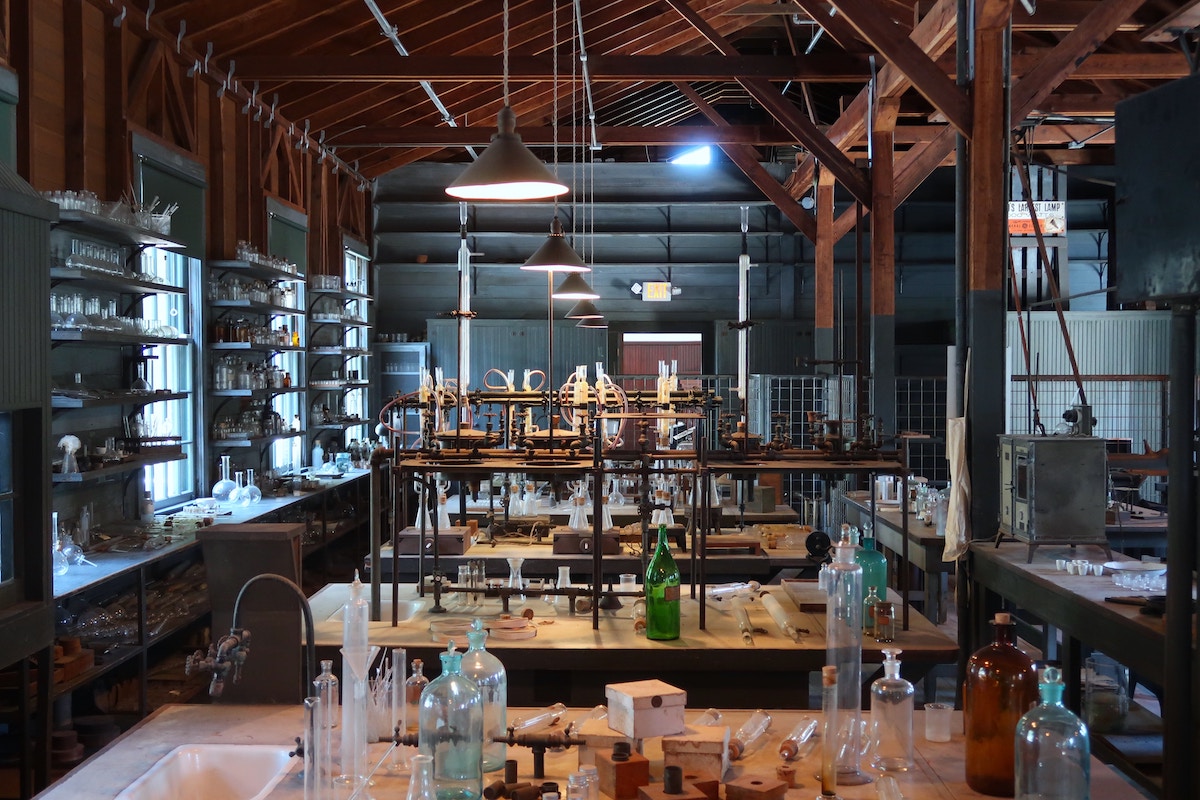How To Help Scientists Become More Efficient At Lab Work

Do you have a passion for science? Are you looking to make the process of lab work easier and more efficient? Scientists spend countless hours working on experiments that involve elements not found in nature—requiring the careful manipulation of specialized equipment. For many, this type of work can be tedious and time-consuming; however, there are several ways to increase efficiency during lab work.
In this post, we explain some key strategies for helping scientists become better organized and productive while conducting research in their laboratory settings. These techniques range from creating detailed plans to implementing digital tools, providing an opportunity for everyone involved to make their scientific endeavors smoother than ever before.
Invest in Lab Automation Technologies
Scientists and researchers spend countless hours performing manual tasks in the lab, from pipetting and mixing to preparing samples for analysis. These time-intensive and repetitive duties can lead to fatigue and even errors, ultimately impacting the quality and accuracy of research outcomes. Investing in lab automation technologies can alleviate these issues, allowing scientists to devote more time to higher-level tasks and improving overall efficiency.
A PO system, for example, can automate the process of ordering and tracking lab supplies, freeing up precious time for scientists to focus on more critical aspects of their work. You can click here or do some research to discover additional automation technologies that can help streamline lab processes and increase productivity.
From robotic sample preparation systems to automated liquid handlers, lab automation technologies are transforming the way research is conducted. By reducing manual tasks, researchers can focus on what matters most: advancing scientific knowledge for the benefit of humanity.
Make Use of Data Analytics to Make Better Decisions
Data is at the core of scientific research, and it can often be a challenge to manage and analyze vast amounts of data effectively. However, advancements in data analytics technologies are making this task easier than ever before. By implementing data analytics tools, scientists can quickly identify patterns and trends in their research data and make informed decisions based on those insights.
For example, dashboards that display real-time data can help scientists monitor experiments and make adjustments as needed. Additionally, data analytics software can assist in identifying potential errors or inconsistencies, saving valuable time during the analysis process. With these tools, researchers can streamline data management and focus on the most critical aspects of their work. Healthcare analytics, for instance, can help scientists analyze clinical data and make more informed decisions on disease prevention and treatment.
Implement Quality Control Strategies for Improved Accuracy
In the world of science, accuracy and precision are critical. Small errors or discrepancies can have significant impacts on research outcomes and potentially lead to incorrect conclusions. To help improve accuracy, scientists should implement quality control strategies throughout their lab work.
These strategies can include regular equipment maintenance, verifying sample integrity, and double-checking experimental procedures. By taking these steps, researchers can reduce the risk of errors and ensure the validity of their findings. Additionally, documenting quality control measures can help with reproducibility and provide a comprehensive record of lab processes.
Additionally, implementing rigorous quality control measures can also save time in the long run by avoiding potential mistakes that may require repeating experiments. Plus, it can also provide peace of mind for scientists, knowing that their research results are accurate and reliable.
Utilize Logistical Strategies for Superb Organization
Organization is key in any workspace, but it is especially crucial in a laboratory setting. With numerous samples, experiments, and equipment to keep track of, scientists must establish logistical strategies to maintain order and efficiency.
For example, establishing an inventory management system can help keep track of supplies and prevent shortages when conducting experiments. Additionally, labeling all materials clearly and organizing them logically can save time and reduce the risk of mistakes during experiments.
Furthermore, implementing a scheduling system for equipment use can prevent conflicts and delays in research projects. By having a structured plan in place, scientists can optimize their lab work and improve overall efficiency. Not only does this help with day-to-day tasks, but it can also be beneficial for long-term projects that require careful planning and execution.

In conclusion, the journey to a more efficient laboratory environment involves a significant commitment to implementing innovative approaches and technologies. From embracing automation to leveraging data analytics, from ensuring quality control to optimizing logistics, every step brings our scientists closer to achieving their research goals more efficiently. By adopting these strategies, we not only streamline the process of scientific discovery but also enhance the accuracy of our results. Let's continue to explore and invest in these promising avenues, contributing to the growth of our scientific community and, ultimately, the betterment of our society.



